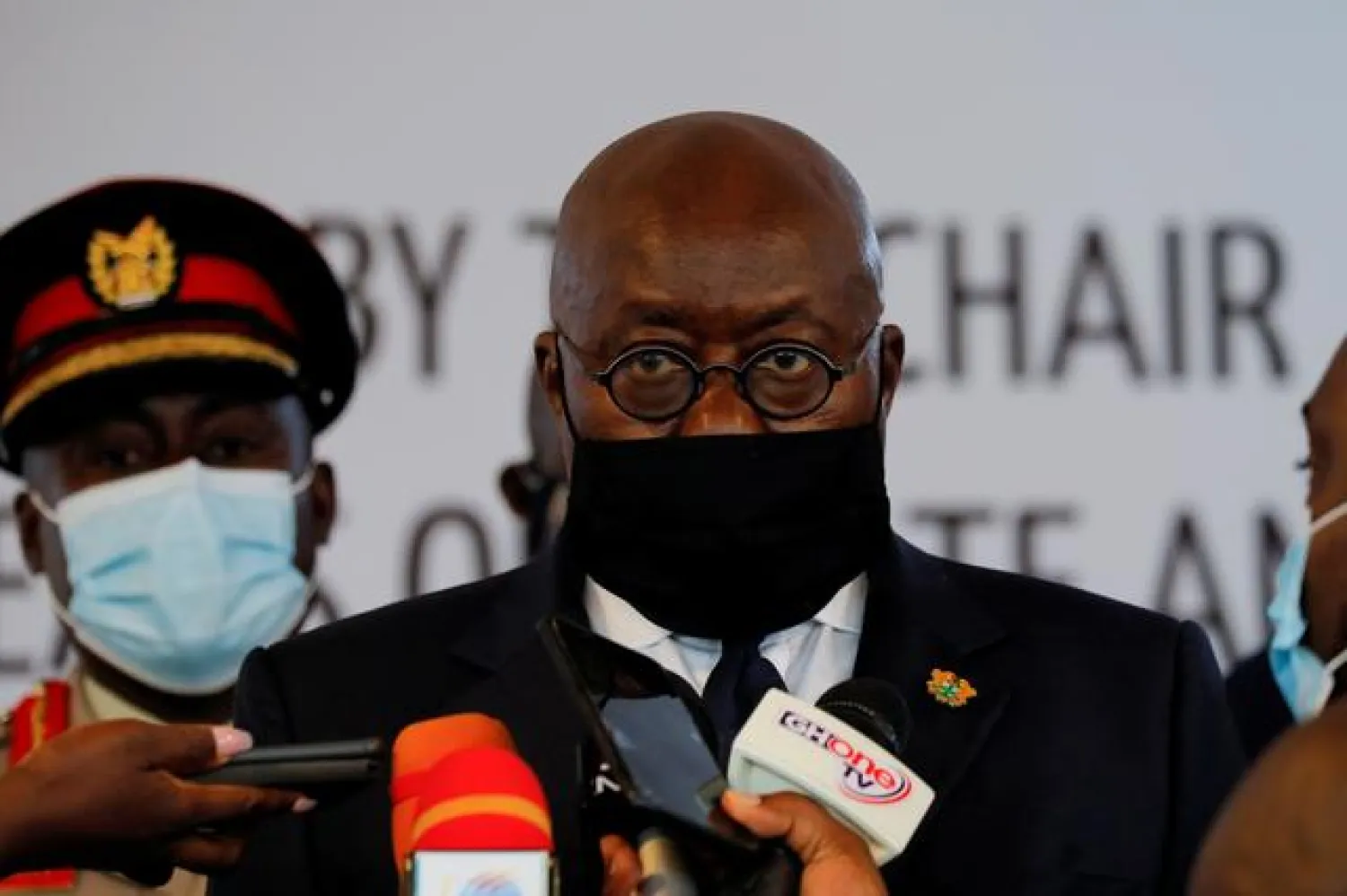Egyptian ambassador to Accra Emad Hanna has attended the swearing-in ceremony of Ghana’s President Nana Akufo-Addo for the second term on Thursday, according to the Egyptian Foreign Ministry.
The ministry stated that Hanna attended the event upon the request of Egyptian President Abdel Fattah El Sisi to convey his greetings to his Ghanaian counterpart.
Egypt’s invitation to participate in the presidential inauguration ceremony reflects the deep-rooted friendship and cooperation between the Egyptian and Ghanaian peoples and presidents, as well as the appreciation of the significance of Egypt’s role at the continental and international levels, the statement read.
The ministry also pointed out that this participation indicates a similar vision of both political leaderships regarding many African issues of mutual concern.
These include achieving continental integration through the optimal benefit from African energies and resources and supporting efforts to launch the continental free trade area with the permanent headquarters in Accra.
It is noteworthy that Egypt had played an active role during its African Union presidency to push forward the implementation of the trade area, being certain of the pivotal turning point such an agreement could bring about in line with the 2063 Agenda.









